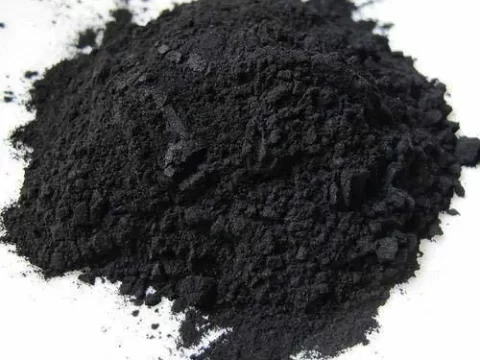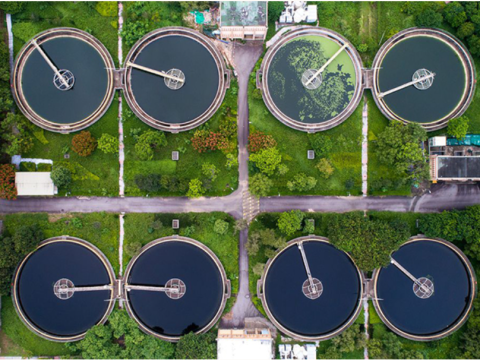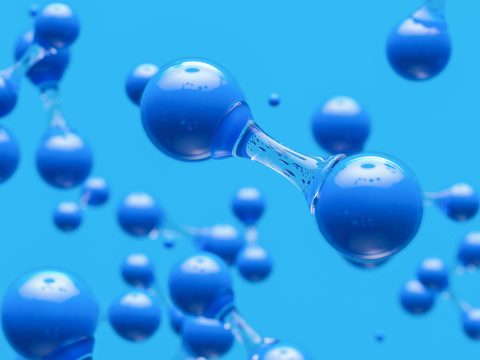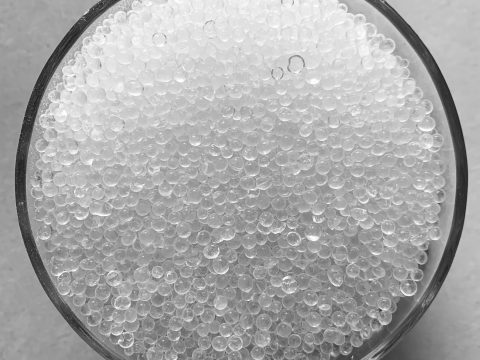Comparison of Oil-Based Activated Carbon and Other Types of Activated Carbon
Activated carbon, a highly absorbent material, has been widely used in many fields, from water treatment to medicine. Among the types of activated carbon, oil-based activated carbon has emerged as a popular choice. So, what makes oil-based activated carbon special compared to other types? Let’s find out in detail in this article.
What is Activated Carbon?
Before we dive into the comparison, we need to understand what activated carbon is. Activated carbon is a form of carbon with a porous structure and a very large surface area. It is this porous structure that gives activated carbon the ability to effectively absorb pollutants, odors, colors, and other organic substances.
Common Types of Activated Carbon
- Oil-based activated carbon: Produced from by-products of petroleum production.
- Coal-based activated carbon: Derived from coal.
- Wood-based activated carbon: Produced from wood or wood products.
- Coconut-based activated carbon: Derived from coconut shells.
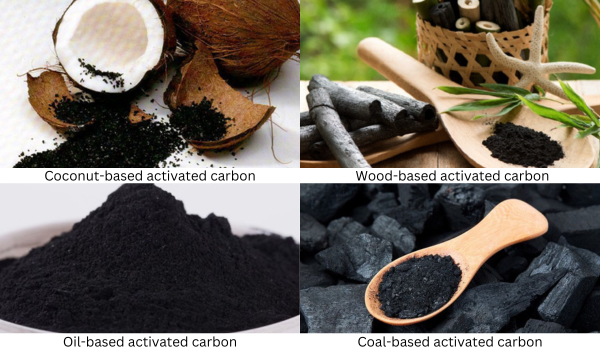
Detailed Comparison
| Features | Oil-based activated carbon | Coal based activated carbon | Wood activated carbon | Coconut activated carbon |
|---|---|---|---|---|
| Porous structure | Evenly distributed pores, diverse pore sizes | Uneven pores, mainly large pores | Small pores, large surface area | Moderate porosity, large surface area |
| Absorbency | High adsorption capacity, especially for large organic molecules | Good absorption capacity, suitable for water filtration applications | High absorption capacity, often used in air filtration | Very high absorption capacity, used in water and air filtration |
| Hardness | Quite hard and durable | Hard, durable | Less stiff than other types | Hard, durable |
| Application | Industrial wastewater treatment, drinking water filtration, decolorization, deodorization | Drinking water treatment, swimming pool water filtration, decolorization | Air purifier, deodorizer, skin cleanser | Water filtration, air filtration, beauty |
| Price | Depending on quality and origin, often more expensive than other types | Average price | Relatively cheap price | High cost |
Advantages of Oil-Based Activated Carbon
- Superior absorption capacity: Thanks to its special porous structure, oil-based activated carbon has the ability to absorb pollutants more effectively than other types.
- High durability: It has high hardness and durability, and can withstand harsh environments.
- Diverse applications: This product can be applied in many fields such as wastewater treatment, drinking water filtration, and chemical industry..
Disadvantages
- High cost: Due to the complex production process and high cost of input materials, oil-based activated carbon is often more expensive than other types.
Which Type of Activated Carbon to Choose?
Choosing the right type of activated carbon depends on the purpose of use and the specific requirements of each application. You should consult experts to make the right decision.
Conclusion
Oil-based activated carbon is one of the types of activated carbon with high efficiency and wide application. However, to choose the right product, you need to carefully consider factors such as absorption efficiency, durability, price and purpose of use.
>> Read more: Oil-Based Activated Carbon: An Effective Industrial Odor Removal Solution


